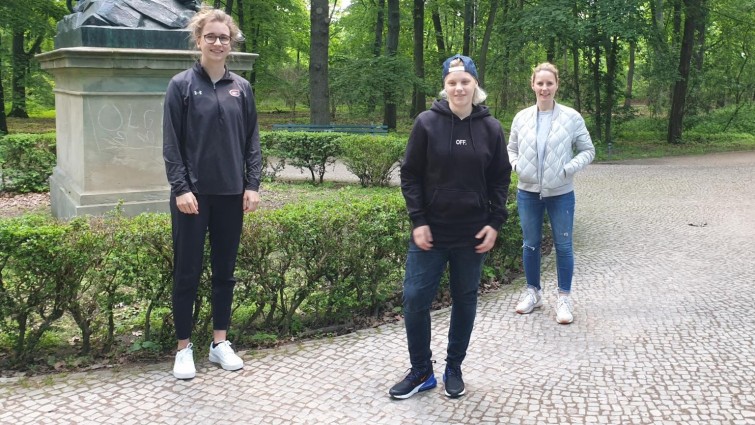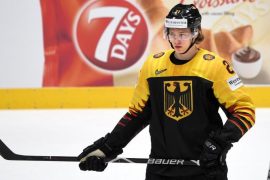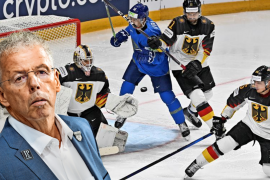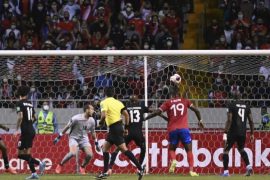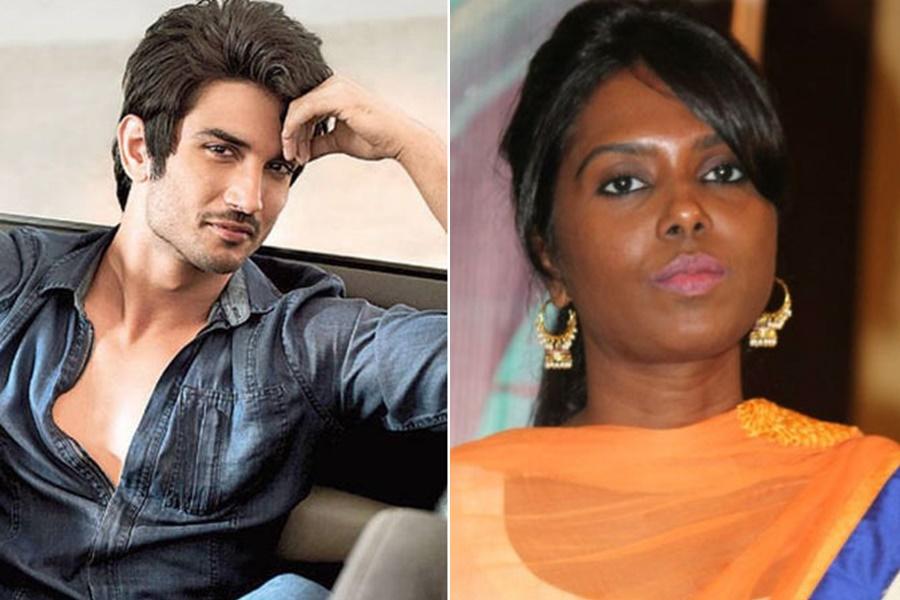Shortly before Pentecost near the Brandenburg Gate in Tiergarten, Berlin: On a sunny spring evening, I meet ice hockey players Nina Kamenic, Laura Kluge and Vanessa Gasde. All three have one thing in common: they are strikers. Why exactly do we make decisions in favor or against something? For example, what does it say when we play ice hockey? Explanatory Attempt:
“Ice hockey was something special somehow. Not everyone did. I guess as a kid you don’t think about it much. You just do what’s funniest. And that in this case Ice hockey was a very fast game and it’s a lot of fun playing in a team. You’re happy together. But sometimes you’re sad together. That’s also part of that.”
Doing and creating something together is still an incentive for Nina Kamenic: a 2014 Olympic participant and several times at the World Championships.
Fussen. only one base
There is also a Bundesliga in German women’s ice hockey. There are currently three clubs from Bavaria, two from North Rhine-Westphalia and one each from Baden-Württemberg and Berlin. Upper Bavarian record champions include ESC Planegg, Eisbären Juniors and Kölner Haie. The latter are also known for their men’s teams. Unlike them, however, most high-class players cannot make a living from it. This is also due to the formations specified by the German Ice Hockey Federation, explains Nina Kamenic:
“There is a federal performance center in Füssen. It is, so to speak, the main place where the national team also trains, and there is no other base in Germany. At least not for women’s ice hockey. And it will also be important, eg. For, that especially women’s ice hockey ice hockey is also promoted there. They say that girls can go there, for them there are coaches who are responsible only for them. There is an opportunity to go to school. All-round care, Maybe including physiotherapy, career counseling, etc. What you already have on OSP in Berlin.”
There are currently around 750 girls playing in clubs in Germany. The boys have about 6,500 active participants. until 13./14. Both sexes can play together. Although the numerical imbalance brings with it a problem, Laura Kluge says: “There aren’t many people who play ice hockey because it’s hard to get girls into boys’ teams in the younger generation. And that’s why there are relatively few girls. What Then you also saw in the first Bundesliga that relatively few girls play there.”
All the women who play ice hockey are definitely shaped by their experiences on mixed teams. 26-year-old Vanessa Gasday: “We were all a team. We were on the same team. And it didn’t matter whether it was a girl or a boy. Everything was normal with us.”
The United States, Canada and Finland lead the way in women’s ice hockey
The best women at the puck around the world come from the USA, Canada and Finland. Since ice hockey is a national sport there, training conditions are excellent, especially at American colleges. This of course also makes him attractive to young foreigners like Laura Kluge. She recently returned from a four-year degree at St. Cloud State University in Minnesota: “You have to say college hockey is professional. So very professional. I think it’s the most professional thing you can do at the moment in women’s ice hockey.” I can play in. It was a mega time. It was a lot of fun.”
There is hardly any women’s ice hockey on television other than the Olympics. There should be more positive headlines about her game, says 24-year-old Laura Kluge: “I think with the World Cup it was worth noting that there’s a lot of media attention when something really goes wrong and when something isn’t. It’s going well.”
World Cup canceled a day before departure
The Women’s World Cup in Canada was supposed to take place between May 6 and 16. The German team, including Laura Kluge, became aware of the cancellation just a day before the scheduled departure. Of course, a big disappointment. To prepare for the World Cup in a targeted manner, the players had left behind all their everyday routines outside the game. It’s not that easy to overcome, says 36-year-old former national player Nina Kamenic:
“It’s not like they’re all professionals. Well, that they can just say, well, we’re going to get a little money anyway, and we’re going to bubble up here somewhere and then we’ll go to the World Cup. For those who are no longer in the armed forces, for example, it means they can’t continue their training, that they can’t continue their school. And that’s only the future of the players they, I say That has now been postponed, and of course it was very, very disappointing for them.”
The World Cup should now take place in the second half of August. In the hope that it can actually be played.

Web guru. Amateur thinker. Unapologetic problem solver. Zombie expert. Hipster-friendly travel geek. Social mediaholic.

